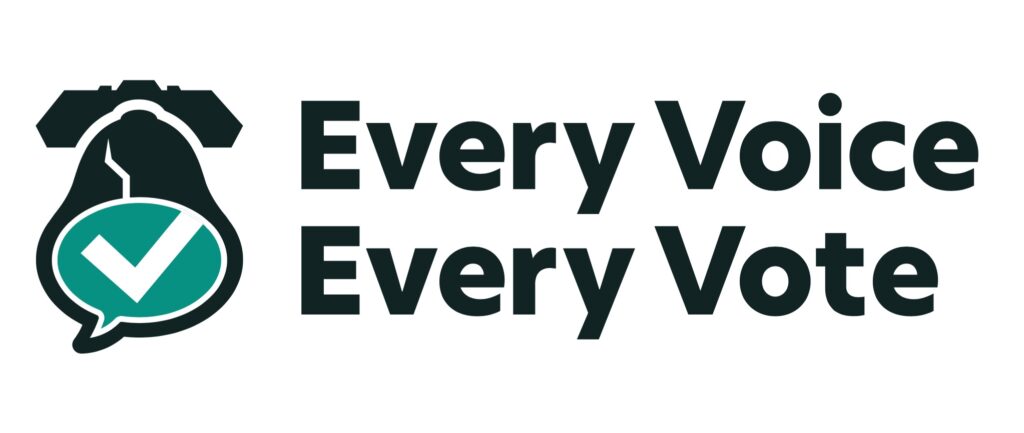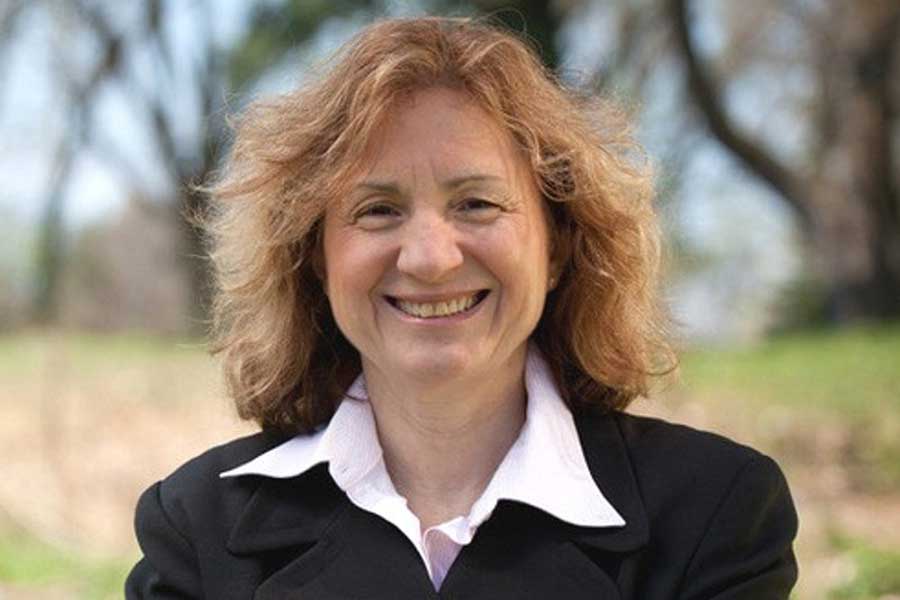Local lawyer and activist Sherrie Cohen has announced her run for City Council at-large in the Democratic Primary. Cohen ran for Philadelphia City Council three times in the past decade, but withdrew her bid in 2019. If elected, she would be the first out LGBTQ person to serve as a City Councilmember.
“I am running for City Council At Large to help transform our city from being the poorest large city in the United States,” Cohen said, in an email.
As a candidate, Cohen prioritizes building community-led public safety programs to put a stop to gun violence; cleaning up toxic schools and making sure every neighborhood has quality public schools; having libraries and rec centers remain open seven days a week; funding “deeply affordable,” rent-controlled housing; ending mass incarceration and fighting against attempts to reinstate Stop and Frisk; and creating a Green New Deal for Philadelphia that will lead to thousands of new union jobs.
Cohen’s father, David Cohen, served on City Council for 29 years. Her mother led the New Democratic Coalition of Philadelphia in the late 1960s and early 1970s, and worked as her husband’s chief of staff from 1980 to 1996.
In her 2011 run for City Council, Cohen narrowly came in sixth place in securing one of the top five Democratic at-large City Council seats, with 9% of the votes. The second time she ran for City Council, Cohen was the sole non-incumbent and LGBTQ candidate to receive an endorsement from the Democratic City Committee.
Cohen worked as a tenants rights attorney, was part of a team that brought a successful suit to prevent 11 neighborhood libraries from closing, and worked on a lawsuit against the five major American tobacco companies for deceiving the American public about the harms of tobacco use. Cohen has served as chair of the Coalition for Essential Services, co-chair of the Civil Rights Committee of the Philadelphia Bar Association, co-chair of the Liberty City LGBTQ Democratic Club, a Democratic Party committee person, and has served on other coalitions and committees. As a long-time activist, she has recently been active in fighting for criminal justice reform and police accountability, as well as advocating for tenant rights and affordable housing.
In the 1970s, Cohen was a member of Dyketactics, a local lesbian activism group that organized actions including a citywide strike in protest of working women’s double work days, a protest against a local porn theater’s screening of snuff films in which women of color were tortured and killed; and a 1976 demonstration at Philadelphia High School for Girls, where the administration had pushed back against students who were fighting to have LGBT education included in the school curriculum and to go to their upcoming prom with their same-gender dates.
Cohen pointed out that it’s high time to have a member of the LGBTQ community on the Philadelphia City Council.
“When elected, I will educate the public about our lives as I advocate for full equality, social justice and dignity for trans, non-binary, gender-expansive and all queer people,” Cohen added. She also plans to fight for “the need to secure the health, safety and housing for our youth who are at high risk of homelessness, suicide and substance abuse; for an end to bullying and harassment in our schools, and violence and murder arising from transphobia and homophobia in our streets; for an end to the discrimination faced by trans and non-binary people in employment, health care and the media; for an end to HIV, which disproportionately impacts Black and Latinx communities; and for an end to the health-care disparities we face.”
“When I get sworn into office,” Cohen said, “the movements for racial, economic, educational, housing, and climate justice, for women’s and LGBTQ liberation, and for criminal justice reform, will be sworn in too.”
Cohen and her wife Virginia live in the Ogontz area of Philadelphia. Along with Cohen, two other LGBTQ candidates are currently running for City Council at-large, Rue Landau and Daniel Orsino.

